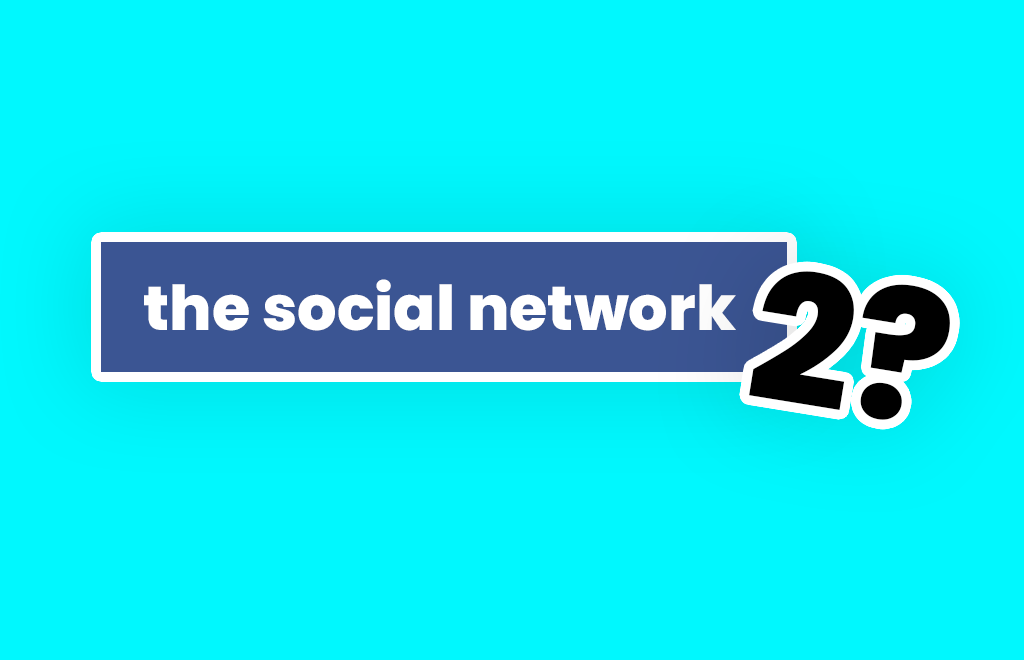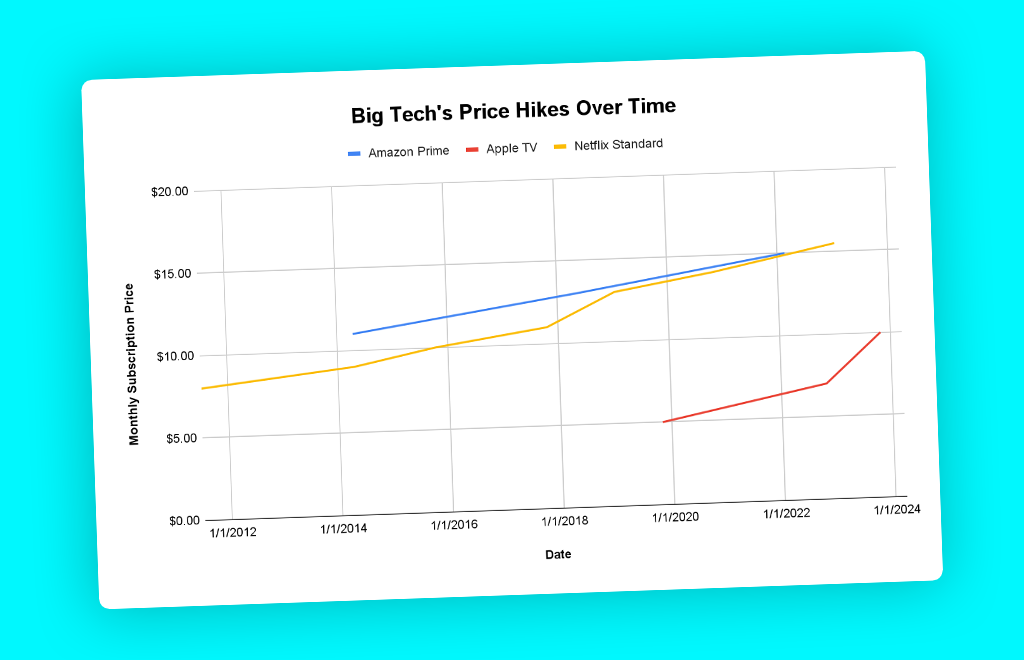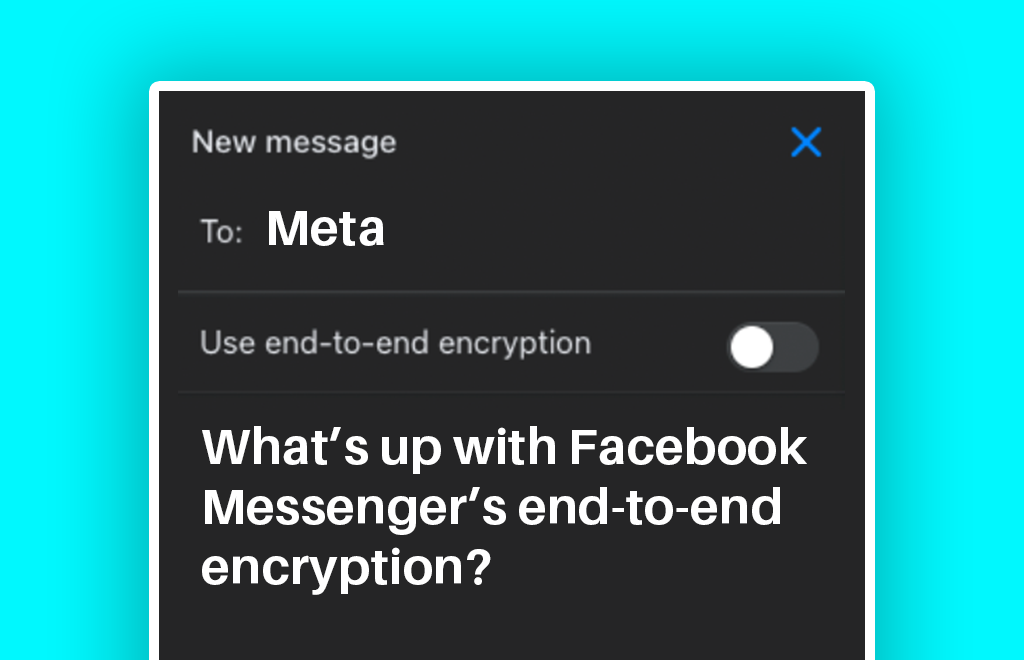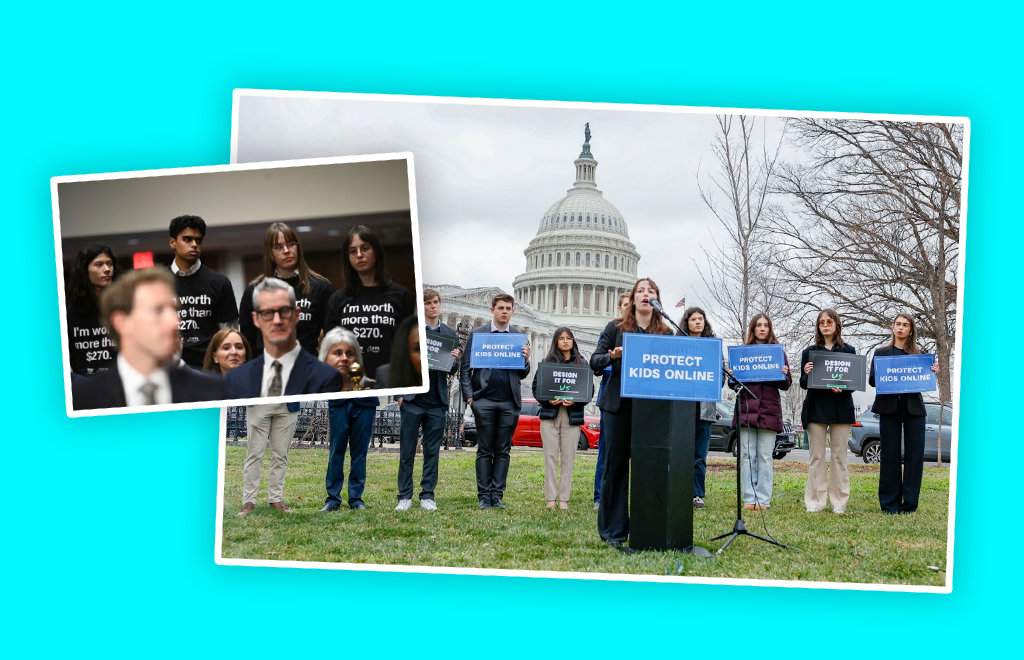Big news: Aaron Sorkin is working on a potential sequel to “The Social Network.”
Sorkin, who wrote the movie chronicling the founding of Mark Zuckerberg’s Facebook, recently said on The Town podcast, “I blame Facebook for January 6.” He went on to explain, “Facebook has been, among other things, tuning its algorithm to promote the most divisive material possible. Because that is what will increase engagement… There’s supposed to be a constant tension at Facebook between growth and integrity. There isn’t. It’s just growth.”
When asked if he was writing a sequel to his Oscar-winning film The Social Network, Sorkin teased, “You’re going to need to buy a movie ticket.”
I’ll be one of the first to buy a ticket to this movie.
Sorkin told the platform’s origin story in “The Social Network.” Now, I’m grateful he’s considering writing another film to tell the rest of the story about Facebook. The full story is not one of triumph but of a relentless pursuit of profit at grave cost to our society and democracy.
As Sorkin writes this potential movie script, I wanted to share 10 moments he should consider including in the new film. These key moments stood out to our team at Accountable Tech as they chronicle Mark Zuckerberg’s journey from Facebook’s launch to its role in inciting the January 6th U.S. Capitol insurrection in 2021:
- Launching the News Feed: On September 5, 2006, Facebook rolled out the News Feed. Overnight, the website changed from a library of people’s individual pages to an algorithmically curated feed for individual users. With the flick of a switch, Facebook changed the internet forever. The News Feed opened the door to Facebook and social media’s algorithmic pursuit of time, attention, and engagement.
- Hiring Sheryl Sandberg: Mark Zuckerberg met Sheryl Sandberg at a Christmas party in 2007. What started as a long conversation by the door turned into a long working relationship. Mark hired Sheryl as Facebook’s Chief Operating Officer in 2008, and she was an executive at the company for over a decade. Building on her experience at Google, Sheryl launched an advertising strategy at Facebook to build revenue off the time and attention of users, collecting troves of user data and personal information to keep us engaged.
- Taking the Company Public: Facebook held its initial public offering on May 18, 2012. It was one of the largest public offerings in tech history with a valuation of over $100 billion. This marked a fundamental shift in the company’s mission from connecting the world to corporate greed in its pursuit of profit for shareholders.
- Enabling Cambridge Analytica: Facebook allowed Cambridge Analytica to collect vast amounts of personal data on millions of Americans through a personality quiz app, which was then used by the Trump campaign to target voters. The scandal showed just how easily the platform could be exploited by bad actors.
- Elevating QAnon: Facebook’s algorithm began pushing users towards more and more divisive, extreme, and misleading content. Facebook Groups became hidden breeding grounds for disinformation campaigns and organizing platforms for extremists. QAnon groups proliferated on the platform to have millions of users. An internal Facebook presentation in 2016 admitted, “64% of all extremist group joins are due to our recommendation tools.”
- Enabling Political Disinformation: In the lead up to the 2020 presidential election, Facebook allowed candidates for office to lie to users in targeted advertisements on the platform. Facebook also allowed Donald Trump as a candidate for president to organically spread election disinformation on social media with little to no friction or notice to users. The platform set the stage for widespread distrust in the election.
- Rolling Back Election Protections: Shortly after the 2020 presidential election, Facebook dissolved a “political moderation task force” and turned off critical misinformation safeguards. Facebook provided fertile ground for Stop the Steal groups to explode on the platform in the aftermath of the election. Although Facebook eventually took down these groups, the Stop the Steal campaign had already become a cohesive movement, committed to stopping the count of the Electoral College on January 6, 2021. The proceeding events would mark the most violent attack on the U.S. Capitol in centuries.
- Banning Donald Trump: The day after the Capitol insurrection, Facebook indefinitely suspended Trump for his “use of our platform to incite violent insurrection against a democratically elected government” in Mark Zuckerberg’s own words.
- Denying Responsibility: Despite acknowledging the platform’s role in their decision to suspend Trump’s account, Facebook executives denied their role in fomenting the U.S. Capitol insurrection. Mark Zuckerberg testified before Congress, saying, “We didn’t catch everything, but we made our services inhospitable to those who might do harm.” Sheryl Sandberg said, “I think these events were largely organized on platforms that don’t have our abilities to stop hate, and don’t have our standards, and don’t have our transparency.”
- Reinstating Donald Trump: Meta, Facebook’s parent company, announced their decision to reinstate Trump’s Facebook account only after two years, determining that “the risk has sufficiently receded.”
In the end, we’re right back where we started in so many ways. Facebook has rolled back many of their election safeguards, cut trust and safety staff, muzzled academic researchers, and shut down critical transparency tools.
One company run by one man—left unaccountable and unregulated—ultimately grew to consume the world, only to undermine so much of what we hold dear, including our democracy, privacy, safety, and common truths.
It’s a sobering story, but a story that must be told.








